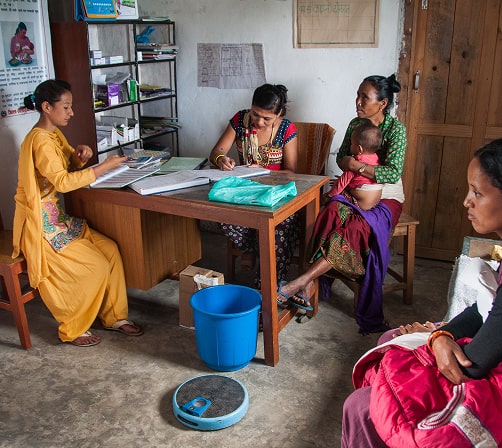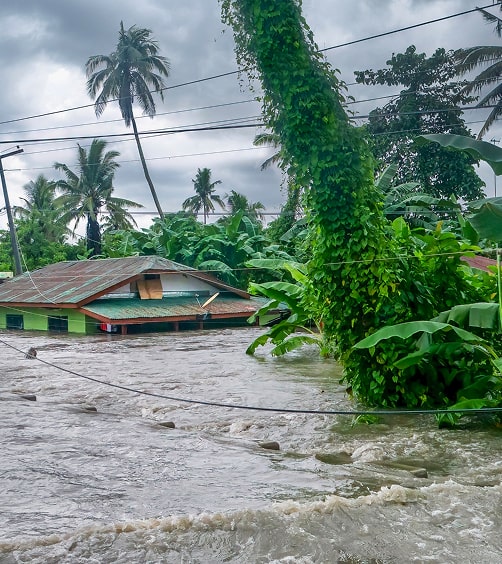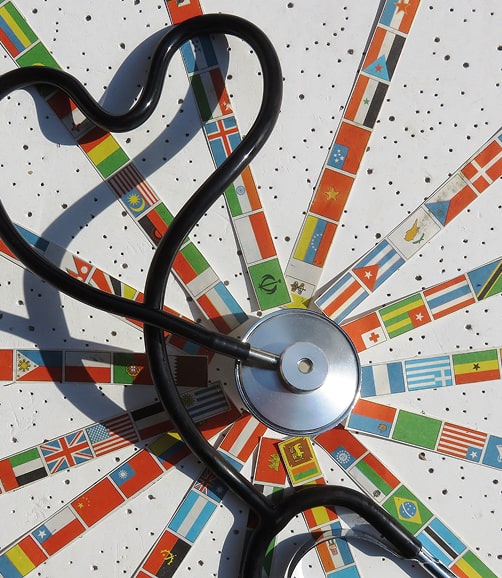Home » Priority Areas of Work
Priority Areas of Work
Primary Healthcare
Primary healthcare (PHC) is the cornerstone of equitable and resilient health systems, especially in the context of South and Southeast Asia’s vast population diversity, rural-urban disparities, and varying health infrastructure. Many countries in the region have made strides in improving PHC delivery, but gaps remain in access, quality, and integration of services. Strengthening PHC is critical not only for advancing universal health coverage (UHC) but also for ensuring preparedness against future health crises. By fostering cross-country learning and collaboration, TACHS seeks to tap into the region’s varied experiences—be it Thailand’s health financing models or Bangladesh’s community health worker networks—to build adaptable, context-specific solutions that can uplift primary healthcare delivery across borders. Focusing on investing in PHC can be a crucial foundation for regional health equity.


Climate and Health
South and Southeast Asia are on the frontlines of the climate crisis, experiencing rising temperatures, increased frequency of extreme weather events, and escalating vector-borne diseases. These changes are already impacting health through increased heat-related illnesses, food and water insecurity, displacement, and the rising burden of infectious and non-communicable diseases. Health systems across the region are under growing pressure, facing challenges such as rising service demand, damaged infrastructure, disrupted supply chains, and limited capacity to respond to overlapping climate and health emergencies.
Addressing these challenges demands a systems-level, cross-border response that integrates health into climate adaptation and mitigation strategies. TACHS prioritizes the intersection of climate and health to foster evidence-based regional cooperation, support climate-resilient health systems, and promote the co-development of policies that reflect the lived realities of the region. TACHS also aims to build regional knowledge ecosystems and institutional capacities, enabling policymakers and practitioners to respond proactively to emerging climate-health risks.
Geopolitics and Global Health Diplomacy
The pandemic underscored a paradox: as health cooperation becomes more critical in a deeply interconnected world, trust in global structures has reached historic lows. In this evolving landscape, geopolitical competition has affected cooperation on health. There is a need to assess how countries in the South and Southeast Asia region are responding to these geopolitical pressures and examine policy roadmaps to develop processes for cooperation. Emerging health challenges demand mechanisms for collaboration that go beyond traditional multilateral frameworks, and Asia holds significant untapped potential. The ability of Asian countries to shape and respond to global health agendas is intricately tied to the region’s geopolitical dynamics and the strength of its collective voice. Institutions such as ASEAN, SAARC, and platforms like the G20 and WHO, offer avenues for influence—but regional representation remains fragmented and under-leveraged. As global health becomes increasingly polarized, it is essential to discuss whether the countries in South and Southeast Asia can build stronger mechanisms for better collaborative priority-setting, and diplomacy. Strengthening regional agency in global forums is not just about influence—it is about ensuring that the health needs of billions are visible, valued, and addressed.
